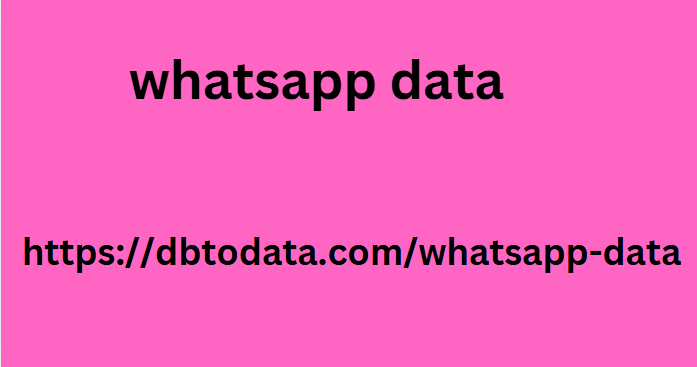As they say, even a master carpenter gets cut sometimes. Therefore, it is not unusual that even in the texts of professional copywriters you will find some minor deviations from the rules of spelling here and there. In Včelišt, we have put together the mistakes that we most often encounter, or even make them ourselves. Go through them to make sure you don’t commit them too.
The most common mistakes you might find in your texts too
Imperative verbs of the 4th grade of the pattern to beg – sign up for the webinar or unsubscribe from the newsletter. The softening of consonants in this type of v netherlands whatsapp number data erb floods the subjects of newsletters and CTA buttons. Avoid this and use the infinitive. So it is correct: log in, log out, leave, etc.
Embedded subordinate clauses – when you use them (and we all use them a lot), remember to separate them with commas on both sides. For example:
“Customers who buy two books get a free bookmark.”
“It was in the text of a copywriter that everyone recognizes, so it must be true.”
“Once we find out where he went, maybe everything will be explained.”
In practice, you can unknowingly turn your grandmother into a cannibal. “Who should be most interested in your product or service? A mother on maternity leave, a man engaged in DIY, a grandmother who likes to bake sweets or children who have to go to school?’
What and which – interrogative pronouns are ano while english-language ones are her trick of the Czech language and it doesn’t matter which one you use. Ha, mistake! The correct one should be “…which of them will you use”, since we are choosing from some set of elements. Instead, you use what to ask about an unk loan data own property. To demonstrate this with an example:
Which agency would you choose? Content.
Which agency would you choose? Apiary.
The possessive pronouns your and yours – the key to solving this tricky spelling problem? Subject. (To put it simply, the rule applies in 99% of cases.) If we attribute the given part in the sentence to the subject, then we use our . That way you will always welcome to your website, which is about your work.
Adjectives ending in -íci and -íci – or action and purpose adjectives that confuse many copywriters. How to know them? Purpose adjectives express what the given thing is for, and we write them with a short -i-. Action adjectives tell us what someone is doing and are written with -í-.

